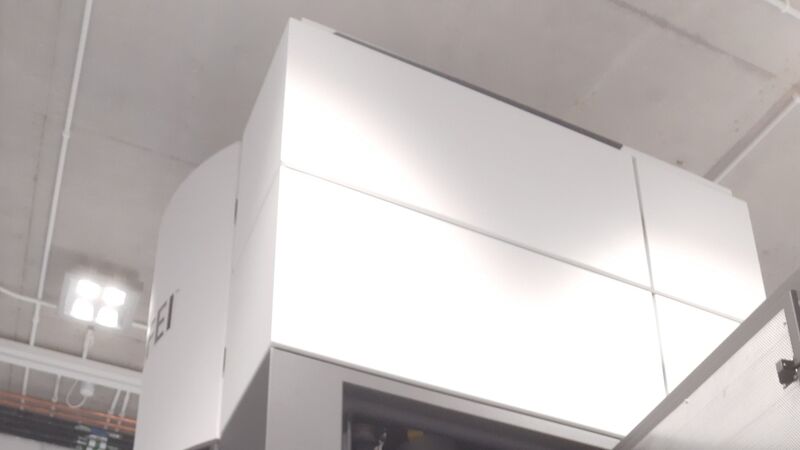John Daly: Appliance of science is no longer a male-led domain

Dr Michele Conroy: 'Perception in our society is changing with excellent outreach programs and female-led science kids' books.'
As the sole Irish recipient of a University Research Fellowship from the Royal Society in 2020, Dr Michele Conroy joins 37 other research fellowship candidates from across the UK. Established to identify outstanding early-career scientists who have the potential to become leaders in their chosen fields, the scheme provides them with the opportunity to build an independent research career.
Dr Conroy will receive a maximum of €649,915 over 60 months for her project, the proposal title for which is .











